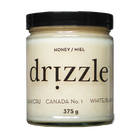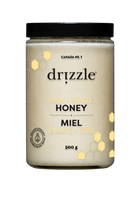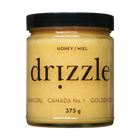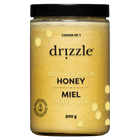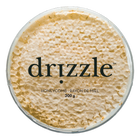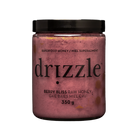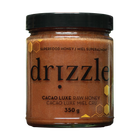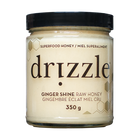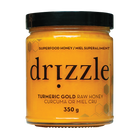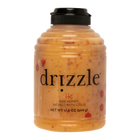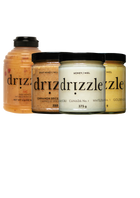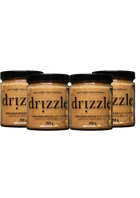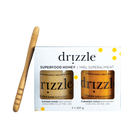
1.Limit pesticides in your garden
Pollinators can be harmed if they consume nectar or pollen that has come into contact with pesticides. Because of this it is important to limit pesticide use in gardens.
2. Offer a safe water source
Place a shallow dish of water on your deck or window sill to help thirsty pollinators stay hydrated. By placing several semi-submerged stones in the water dish, you can provide pollinators with places to land so they can drink without running the risk of drowning.
3. Plant a pollinator friendly garden
Plant native flowers that bloom at different times.
4. Provide safe nesting and sheltering sites
Downed tree limbs, logs, bare patches of dirt and bee boxes offer different pollinators sites of protection to rest or tend to their babies.
5. Leave the leaves!
Dead leaves and plant material are food and shelter for pollinators in the winter. Resist the urge to rake your leaves in the fall!

